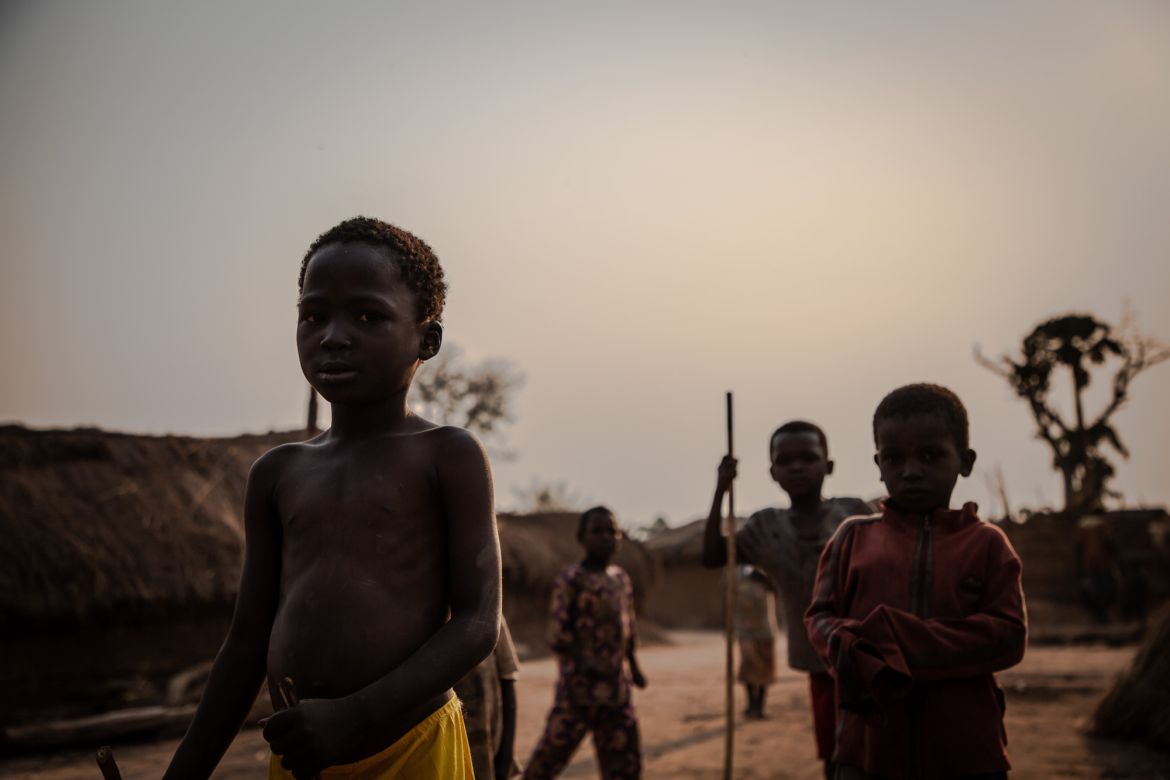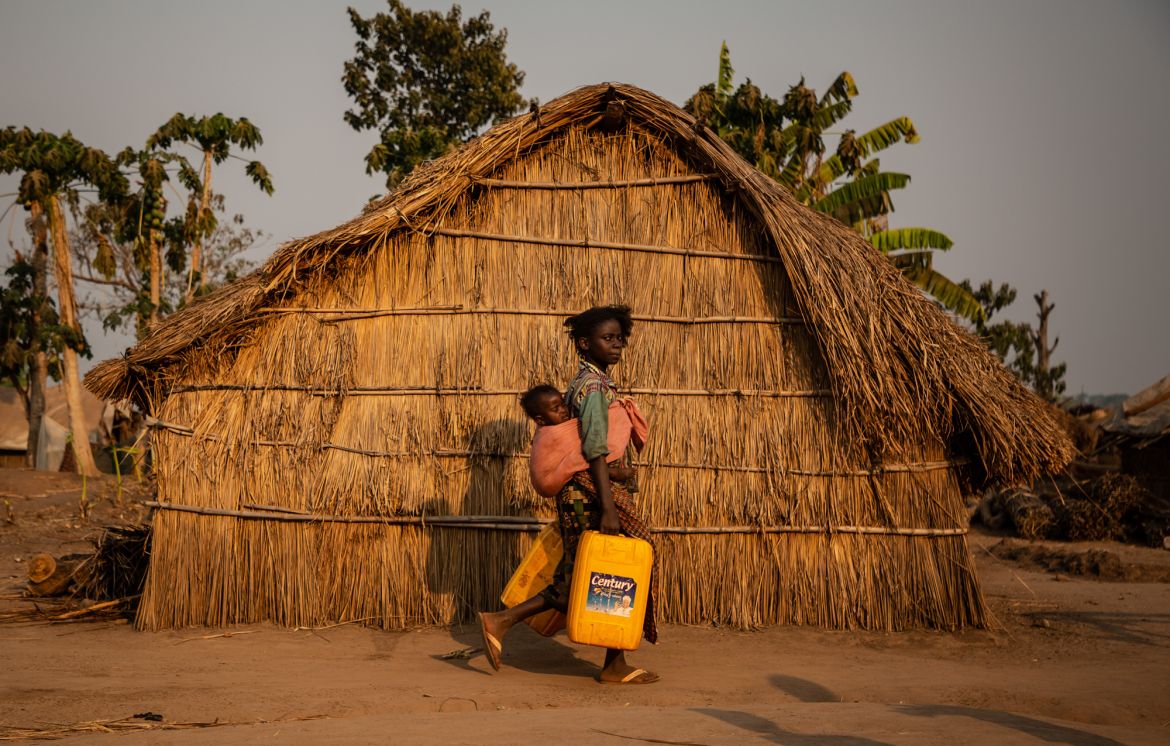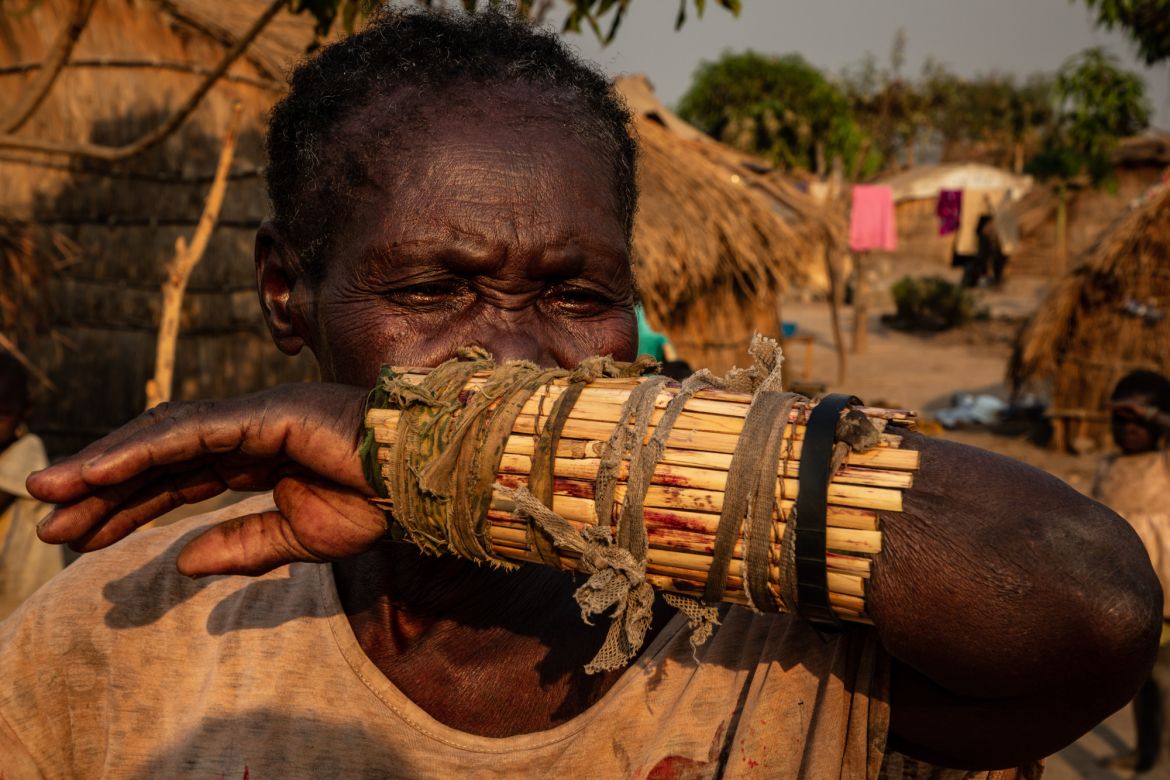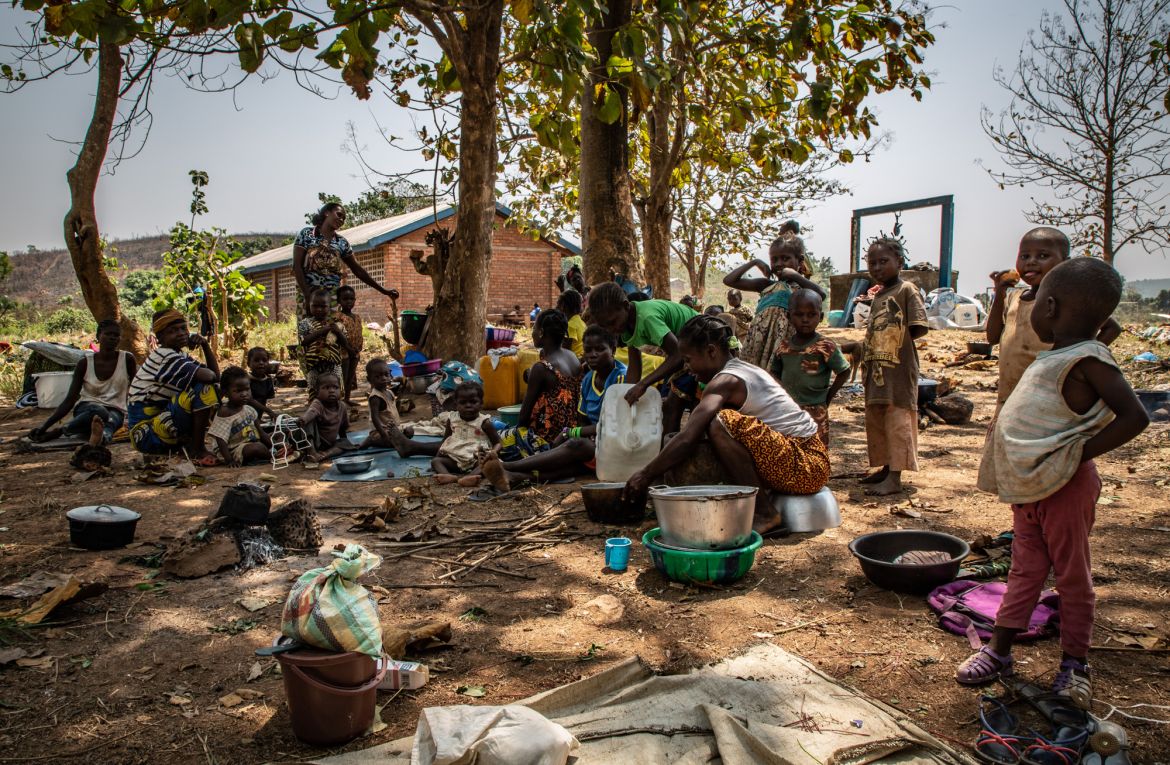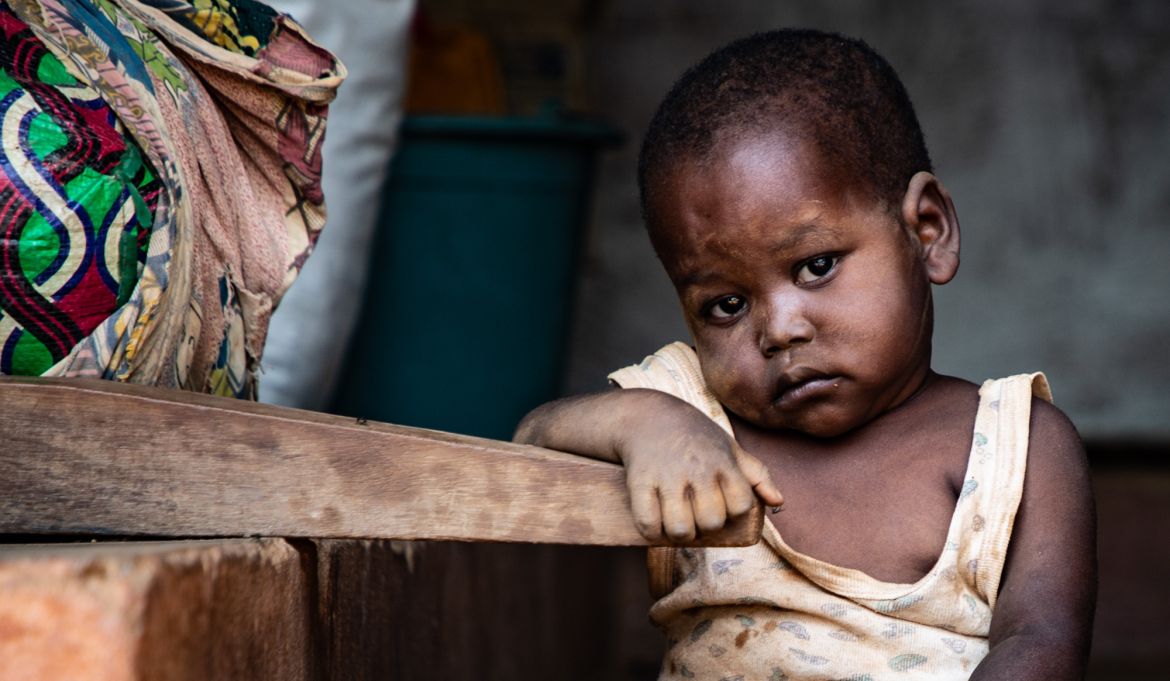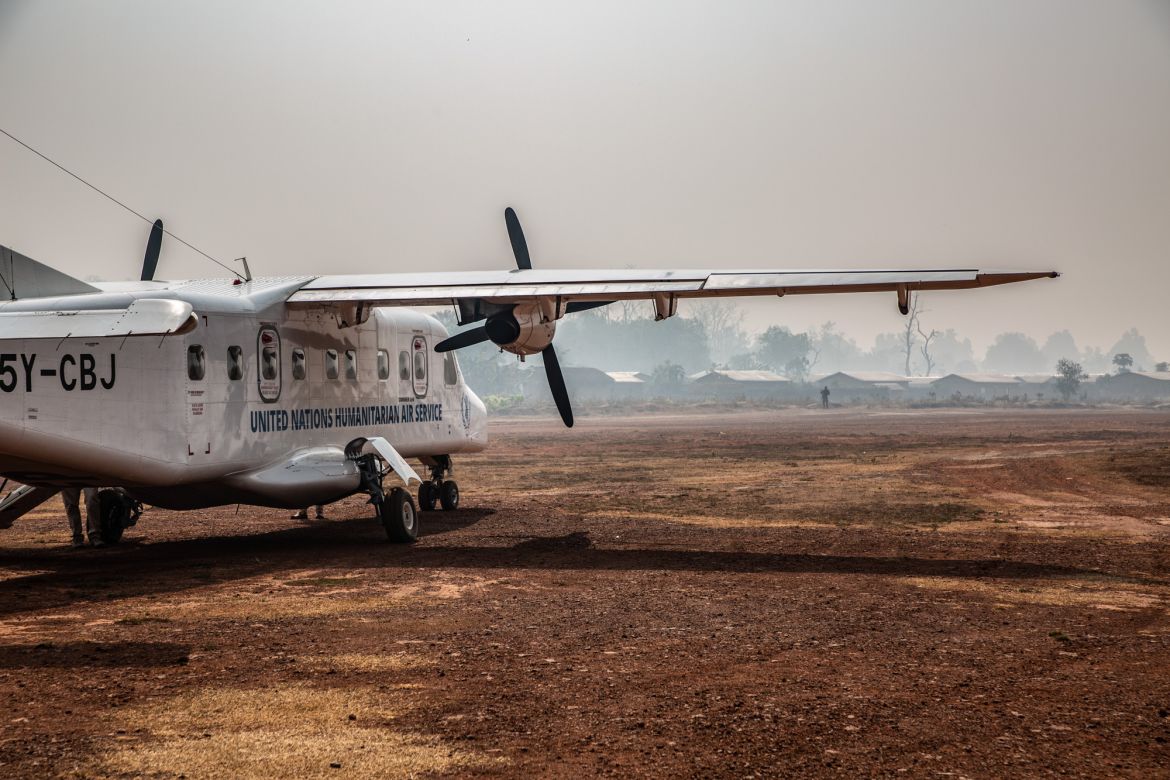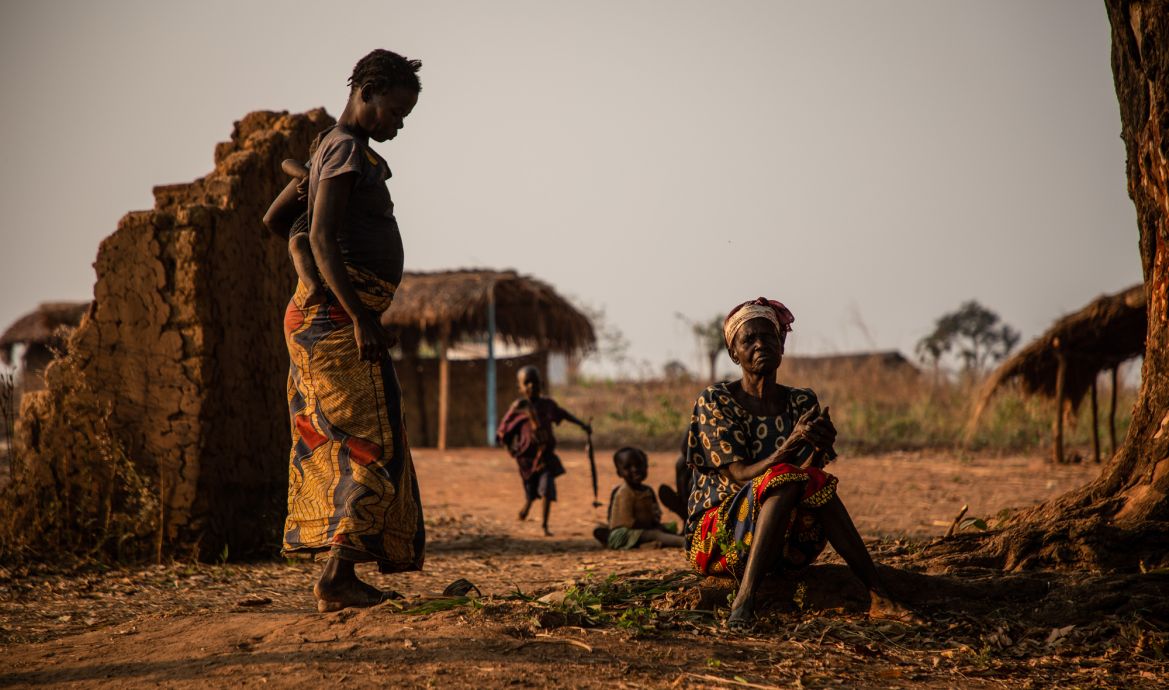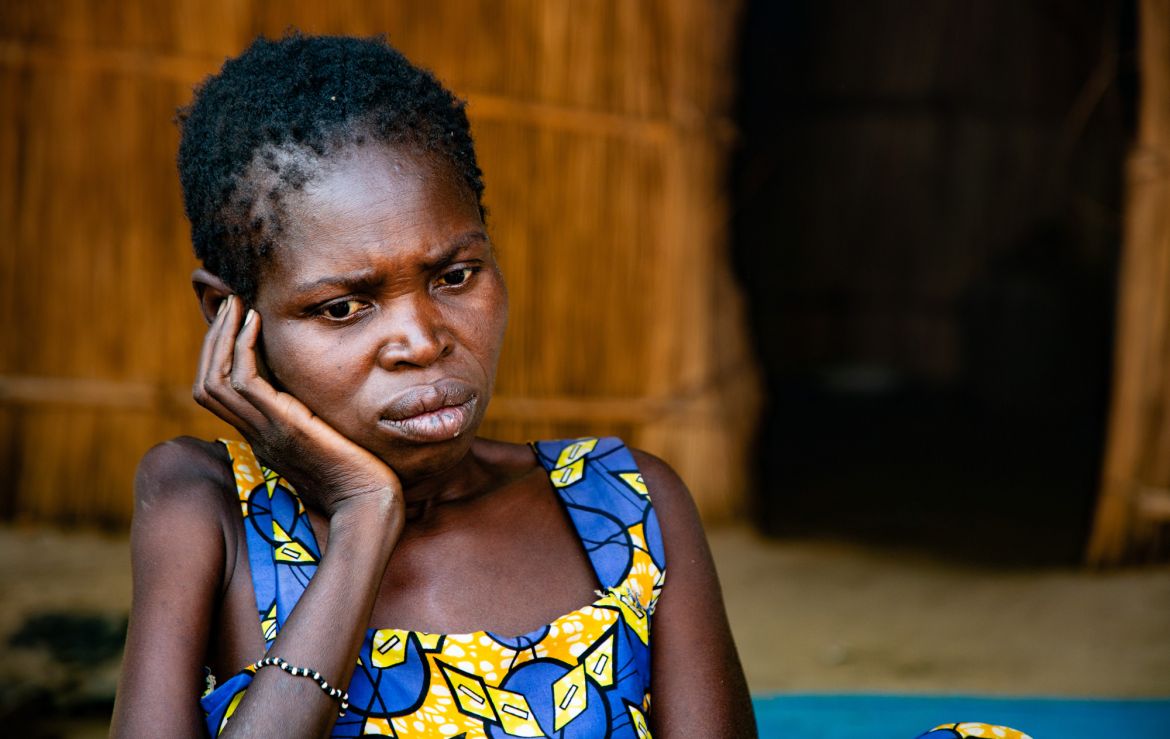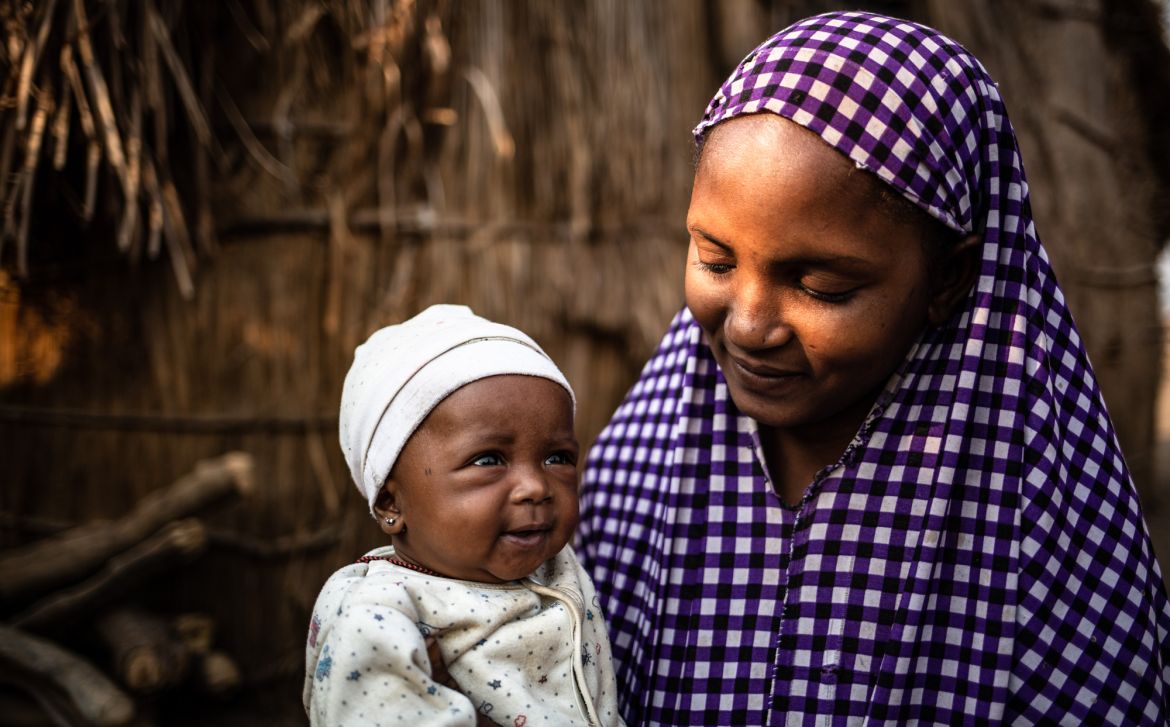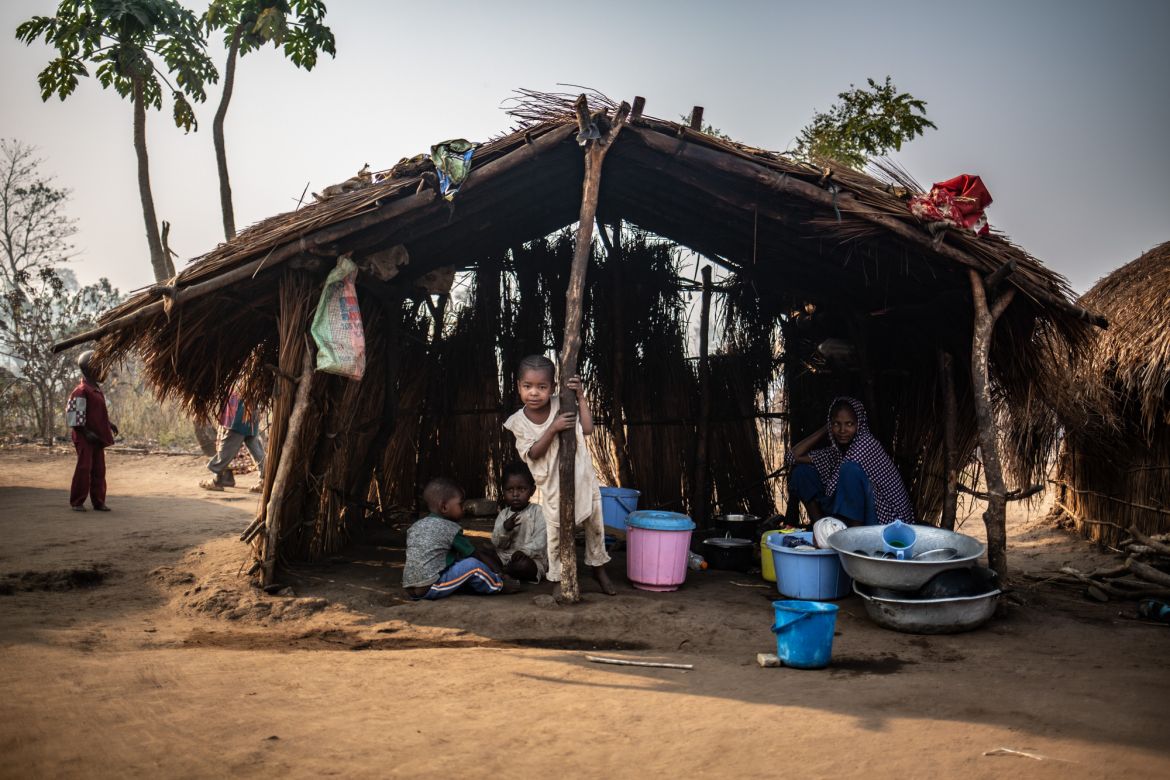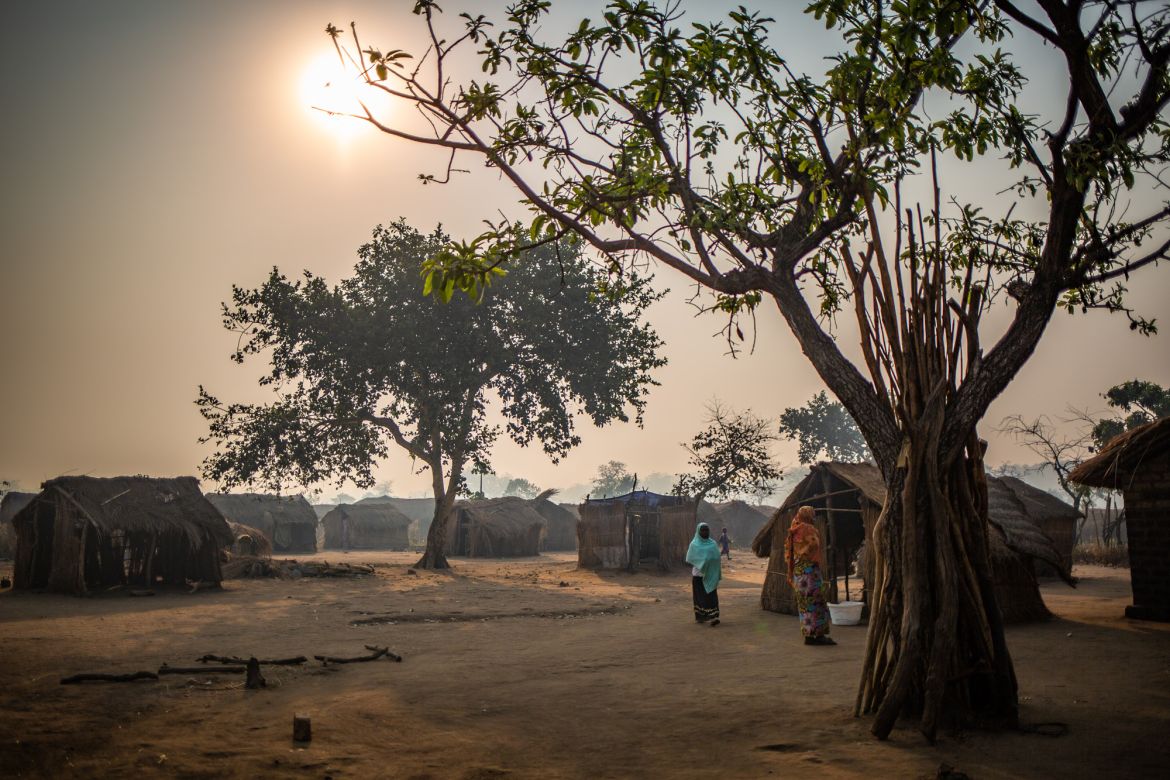In Pictures
Families forced into a deadly spiral in Central African Republic
Renewed violence across the CAR following December elections has led to a growing humanitarian crisis.
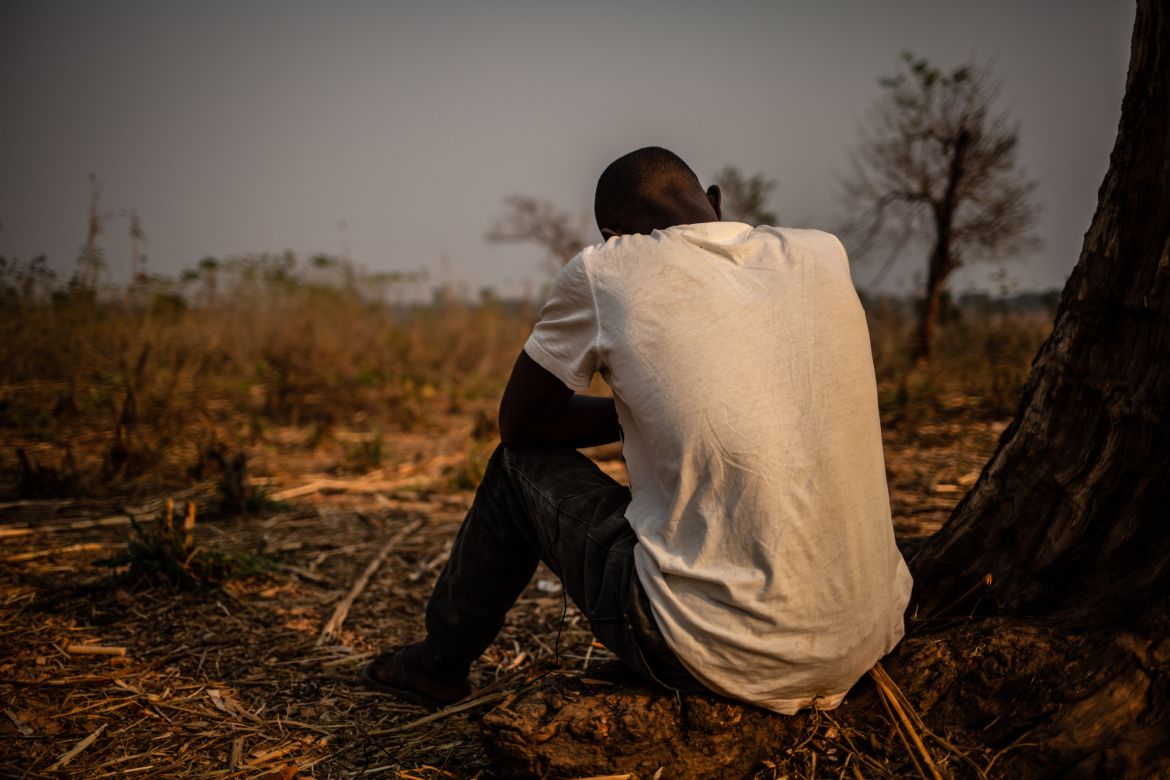
Siriri’s gaze darts around and his voice trembles as he speaks about his experiences, how he was shot in the throat and traumatised. Out of seven of his friends recruited by armed groups, only two came back.
He wants to remain anonymous and has chosen this name, which means “peace” in the Sango dialect. He was recruited before the general elections in the Central African Republic in December, when conflicts escalated between a new coalition of armed groups and government forces in several parts of the country.
The high number of cases of child recruitment is one of the most adverse effects of the worsening humanitarian crisis in the country. Like many, Siriri was promised a future where he could eat his fill.
Hunger has also pushed many displaced people to take tremendous risks by leaving camps to seek food, exposing themselves to violence. Women and men are maimed, raped and killed.
A lack of security is hampering the timely delivery of humanitarian aid such as food, water, shelter and medicines. In parallel, the scarcity of food and basic necessity items has lead to skyrocketing prices, preventing already vulnerable families from being able to feed themselves.
Today, almost one in three Central Africans have been displaced. While food, primary healthcare, water, and shelter are the most pressing humanitarian needs, alarming reports of sexual violence against women and girls as well as forced recruitment highlight an urgent need for protection.
